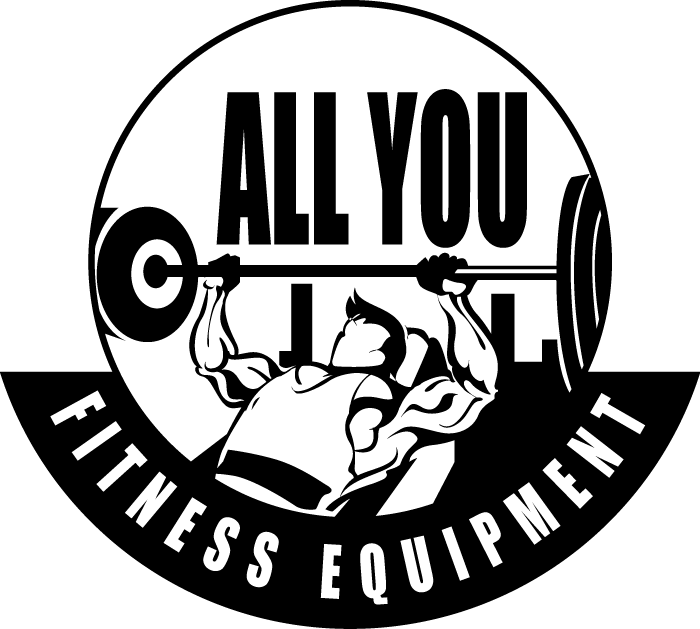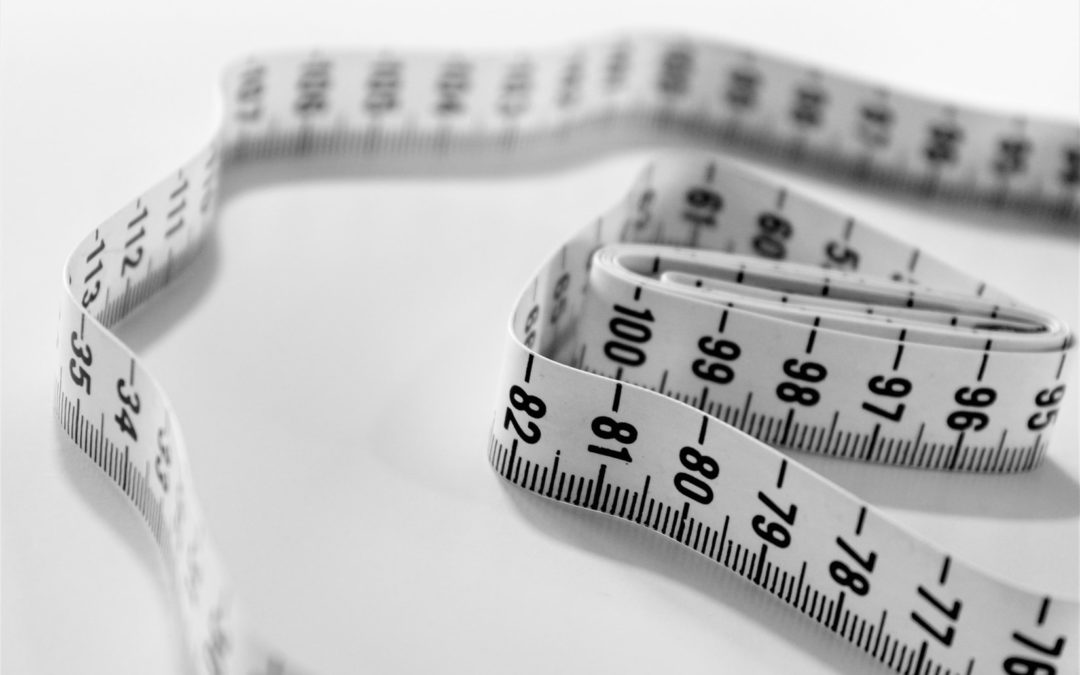To shed weight, most people will need to decrease calories. Eliminating 250 to 1,000 calories per day usually leads to about 0.5 to 2 lbs. (0.2 to 0.9 kilograms) of weight loss each week, experts say.
But often, just small changes to a person’s diet can reduce the needed variety of calories and lead to weight loss. This is especially important because weight-loss experts emphasize making lifestyle changes that you can actually stick to over the long term.
Here are a few tips for Lowering Your calorie intake:
Eat Foods That Keep You Feeling Full
One way to reduce calories without feeling extra hungry is to eat more foods that contain a good deal of fiber and water, but not a great deal of calories, according to the Centers for Disease Control and Prevention. This generally means eating more fruits and vegetables, such as spinach, broccoli, tomato, watermelon, apples, beans and peas.
Other foods that can help you feel full without adding too many calories are dairy products that are low-fat or fat-free, as well as broth-based soups.
You can take a look at your diet to determine where you can replace high-calorie foods with ones that are reduced in calories and fat reduction. For example, you could replace an afternoon snack of cheese and crackers using a single of fruits and vegetables.
Or you could replace whole milk and full-fat cheese with nonfat milk and mild cheese when baking or when eating these foods on their own.
Often, people can keep eating the foods they love in moderation, and lose weight. “If individuals make minor changes that they can live with, it is more likely that they can lose the weight and keep it off.
Drink Fewer Calories
You may not think about the calories at the beverages you drink, but they rely just as far as calories from food in your daily calorie total.
And all of the calories from your drinks can really add up: For example, a 16-ounce (473 milliliters) cafe latte with whole milk, and a 20-ounce (591 mL) bottle of soda, both have more than 200 calories each.
To eliminate weight, you may want to try drinking more beverages that have zero calories, such as pure water, naturally flavored sparkling water or diet drinks, the CDC said.
Alcoholic drinks can be another source of “hidden” calories. For example, 12 oz (354 mL) of beer has about 150 calories, a glass of red wine has 125 calories and a piña colada has nearly 500 calories, according to the National Institute on Alcohol Abuse and Alcoholism.
Reducing your alcohol intake can be another way to cut back on calories that aren’t currently contributing to a daily nourishment.
Pay Attention to Portion Size
Large portion sizes often lead to overeating, because people have a propensity to eat the whole part in front of them, rather than eating just what they have to feel full.
For example, 1 analysis of moviegoers found that individuals ate 45 percent more popcorn out of extra-large containers than outside of large ones.
Avoid Skipping Meals
Individuals who want to lose fat should avoid skipping meals, because this often leads to overeating later in the day. In particular, studies show that those who skip breakfast tend to weigh more than those who eat a healthy breakfast, according to the National Institutes of Health.
In an influential 2002 study designed to discover the secrets researchers looked at nearly 3,000 people who had lost weight and kept it off for a least a year; results revealed that 78 percent of the participants ate breakfast each day.

